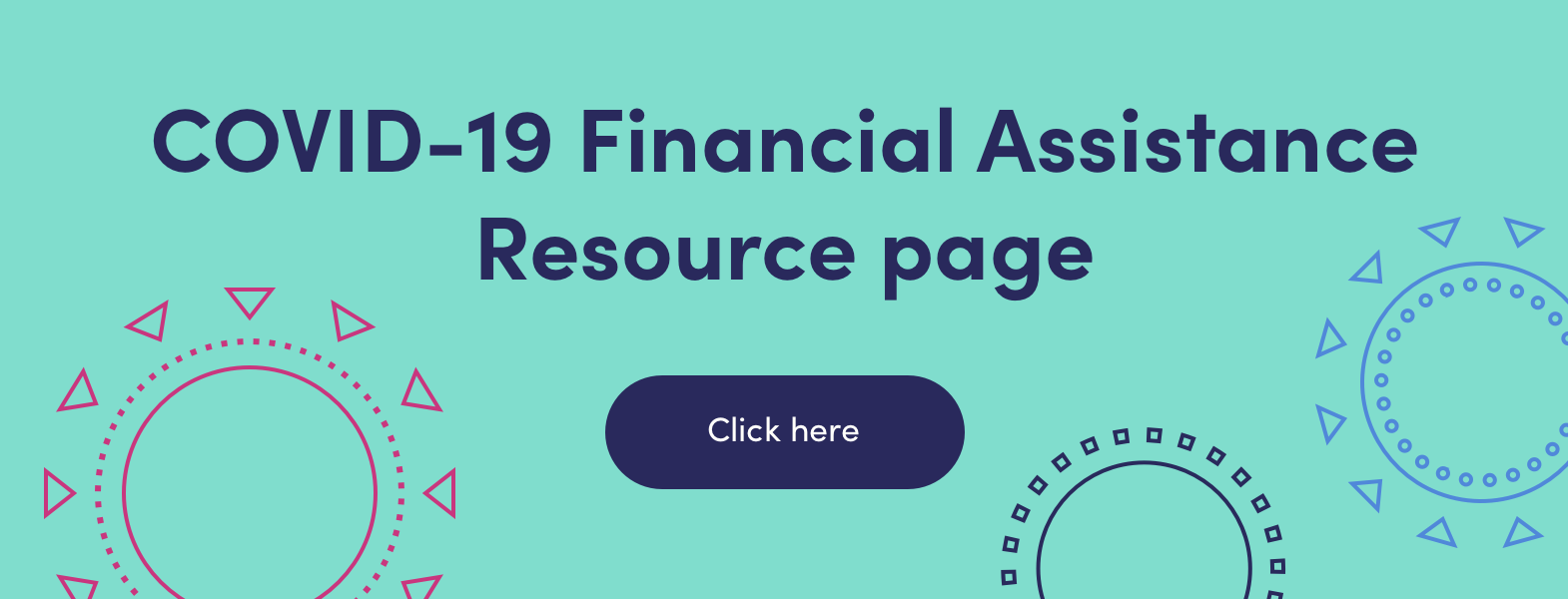For the past few weeks, the world has seen a major outbreak of the coronavirus (COVID-19), which has already led to the deaths of 300 Americans and left more than 80 million under virtual lockdown.
During these turbulent times, many Americans are not only concerned about contracting the virus, but also about accessing the care they need. This is especially true for those with chronic conditions that could become even more acute. Personal economic implications, the requirements for social distancing, and widespread uncertainty could make it challenging to meet basic life expenses on top of the financial toxicity they’ve already experienced.
Four Ways that Navigators Can Help
Right now, financial navigators have such an important role to play. They can be a lifeline for patients to access and afford potentially lifesaving care during this pandemic. Here are four critical ways you can help:
Use telemedicine to overcome the challenges of social distancing
As care providers encourage patients, especially those who are immunocompromised, to limit their exposure to the public, technology has become crucial. Up to this point, telehealth has been available to patients in special circumstances; now, patients are being asked to use it as their primary means of accessing their care. This includes routine medical visits as well as emergency visits and sessions with a mental health counselor.
Fortunately, there are many teleconference tools and other services that can help connect patients and providers, such as Zoom, WebEx, and Skype. And, as I’ll discuss below, telehealth is a covered benefit in many insurance plans. As navigators, it is our job to communicate with patients and their families about the options available. If you’re not already familiar with the telehealth services your hospital offers, speak to your colleagues who work in patient access services. Ask them for a tip sheet to help you walk patients through the steps of accessing care virtually.
Telehealth has been adopted in the last few years in various areas of care and financial navigation should be no different. Just as care providers are using telemedicine to connect with patients, we at TailorMed believe that financial navigators should be able to utilize similar tools. Soon we will be introducing new tools to help teams do Financial Navigation remotely, to take advantage of these technological advancements during such challenging times. Please stay tuned … and in the meantime, feel free to get in touch with us.
Ensure access to prescription medications
Patients with chronic conditions are understandably anxious about getting the medications they need during this crisis—especially when they’re being asked to practice social distancing and potentially shelter in place for 14 days or more. Talk to patients about being prepared without panicking. They can do this by ensuring they have an adequate supply of their prescriptions. The Centers for Medicare & Medicaid Services (CMS) have been working to make sure this is possible for those who are most at risk. CMS has released guidelines for waiving prescription drug refill limits and relaxing home and mail delivery of prescriptions. Many pharmacies are also waiving delivery fees.
Help manage costs of COVID-related care
Open enrollment: Insurances are regulated both federally and by the individual states. Certain states are having special enrollment periods as a response to the coronavirus. For instance, the Washington Health Benefit Exchange announced a limited-time special enrollment period for qualified individuals who are currently without insurance, allowing them 30 days to enroll in a designated plan. Similarly, New York will have a period during which eligible individuals will be able to enroll in insurance coverage through New York State of Health, New York’s official health plan marketplace, and directly through insurers. We encourage you to check our website often, as we plan to keep an up-to-date list of which states are taking this type of action.
Doctor’s visits and hospitalizations: It’s important to help patients confirm that a hospital or provider is in-network with their insurance plan. This is especially critical if they have an HMO or EPO plan, as there is no coverage outside of the network. With other plans, patients may have out-of-network coverage, but the costs will be significantly higher.
Telehealth coverage: As I mentioned above, telemedicine has become a vital tool to treat patients, including those who may have contracted COVID-19. You can help by making sure telehealth is covered by a patient’s insurance plan. On March 5, 2020, CMS released guidelines for billing telehealth visits for Medicare beneficiaries. Patients with Medicare are responsible for the deductible and co-insurance if they have a coronavirus-related telehealth visit. Some commercial insurance companies are taking this a step further by waiving the copay for telemedicine, as a way of encouraging its use.
Stay informed during these uncertain times
Across the nation and around the world, the COVID-19 pandemic is affecting our jobs and our economy. This crisis and our government’s response to it are changing rapidly. We at TailorMed are staying on top of these developments around the clock—and we’re committed to sharing the most up-to-date information through our Financial Navigation Service. We’re monitoring the progress of the recently approved Families First Coronavirus Response Act, which will enable free coronavirus testing for the public, remove the job requirement for food assistance, provide paid sick leave and family medical leave, and strengthen unemployment insurance. Another bill in the works could provide additional assistance, including tax relief, child care, meal delivery, small business loans, and more.
We’re also tracking other ways to mitigate the financial impact of this outbreak. We’ve been in contact with copay assistance foundations, who are working to stay open and available for our clients and their patients. In addition, we’re on the lookout for funds to ease both medical and non-medical expenses. For example, the HealthWell Foundation has added a fund with a $250 maximum award level to help cover food and medicine delivery as well as telehealth costs. Let us be a resource for you and feel free to contact us directly with any questions you might have.
Above all, we hope you’ll take care during this challenging period. We know you may be trying to help patients while suddenly adjusting to working remotely, homeschooling young children, and worrying about keeping your own families safe. Please know that we at TailorMed are here to support you as you navigate this rocky terrain and unfamiliar territory.
Together, we can help vulnerable patients reduce the financial burden of this crisis—and access the care they urgently need.



